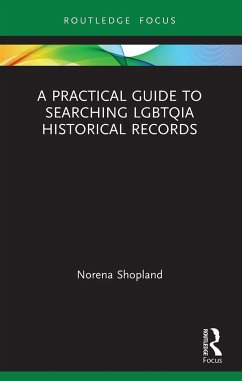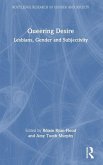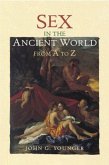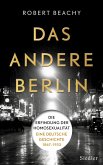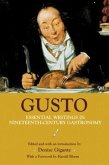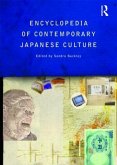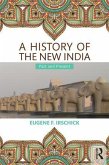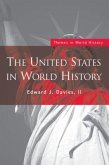This book provides a number of effective tools to aid in the recovery of LGBTQIA historic material by providing extensive glossary and non-glossary written descriptions, and how to use those terms and phrases in searching effectively online and offline.
Researching hidden and forbidden people from the past can be extremely difficult. Terminology used to write about LGBT+ people shifts over time, legal terminology enforces certain set terms which some writers use but others reject to avoid informing or disgusting a reading public. Often written descriptions contain no set terminology at all. How then can LGBT+ people be found in historic records? This book provides practical tools for a researcher wanting to uncover material from online or hard copy sources, including: keyword/s covering various sexual orientations and gender diversity, along with how and when to use them; tips for effective searching in online newspaper archives; how to use genealogy, auction and social media sites to uncover information; searching in online and physical libraries; advice on researching in physical archives and the types of collections which can yield results; and researching in museums collecting and displaying LGBT+ content.
Making use of a straightforward and jargon free style, this is a short and accessible guide to doing historical research on Gay, Lesbian, Trans, Queer and non-normative research subjects. This is a useful resource for students and scholars alike in Archive Studies History, Gender and Sexuality Studies.
Researching hidden and forbidden people from the past can be extremely difficult. Terminology used to write about LGBT+ people shifts over time, legal terminology enforces certain set terms which some writers use but others reject to avoid informing or disgusting a reading public. Often written descriptions contain no set terminology at all. How then can LGBT+ people be found in historic records? This book provides practical tools for a researcher wanting to uncover material from online or hard copy sources, including: keyword/s covering various sexual orientations and gender diversity, along with how and when to use them; tips for effective searching in online newspaper archives; how to use genealogy, auction and social media sites to uncover information; searching in online and physical libraries; advice on researching in physical archives and the types of collections which can yield results; and researching in museums collecting and displaying LGBT+ content.
Making use of a straightforward and jargon free style, this is a short and accessible guide to doing historical research on Gay, Lesbian, Trans, Queer and non-normative research subjects. This is a useful resource for students and scholars alike in Archive Studies History, Gender and Sexuality Studies.

